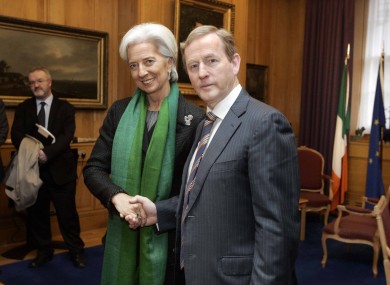Posted on April 17, 2015 by Aaron Dykes Posted in Connect-the-Dots
(Truthstream Media.com) Despite appearances, the “smart” society was never based on saving energy, saving money or saving the environment.
The real aim has been to control the population and conduct absolute surveillance on the larger herd and even every individual.
Thanks to smart phones, smart meters, smart grids, smart TVs, smart cars and smart appliances, the places you go, the people you contact and all the things you interact with are logged, tracked and analyzed by advanced computer algorithms. Thanks to search engines, the technocrats even believe they known what you’re thinking and what you’ll do next.
Now, the “smart” street lights that record conversations and broadcast government propaganda are actually being rolled out on city streets across the America.
The latest is in Jacksonville, Florida.
From the Business Journals:
Through a pilot program with GE Lighting, JEA and the city, Downtown and surrounding neighborhoods will be outfitted with about 50 data-collecting LED streetlights, as part of the GE Intelligent City Initiative, announced Thursday morning.
Paul McElroy, JEA CEO, Jaime Irick, vice president and general manager of GE Lighting and Mayor Alvin Brown announce new intelligent LED street lights will collect data for the city to use.
As the first city on the East Coast to have this technology — and the second in the world, behind San Diego — the move is an opportunity for Jacksonville to become a cutting-edge city, said Mayor Alvin Brown.
The lights — which will come at no cost to taxpayers during the pilot program — will be interconnected with one another and will collect real-time data, as seen in a presentation by GE.
..… GE’s Predix software will then analyze the data so the city can use it.
Aaron Dykes & Melissa Melton Truthstream Media
intellistreets two way communication
Check out this promo video for “Intellistreets,” the makers of one of the leading smart street lights. While it has a few interesting features, the creepy factor is clear enough by the end of the video.
Admittedly, the lights carry two way communication, acting as a watcher and spy of passersby, while carrying “official” messages. The system is designed to work with supervisions by Homeland Security, and may have terrorism applications.
Of course, the benefits for the average person are being advertised
"One of the more relevant, ready-to-go applications is the ability to have smart parking. Through the streetlight sensors, residents can be notified when parking spots are available, or even if their meter might be running out."
Life under Big Data
There have been many warnings, but the warnings have been ignored.
Life under Big Data is already “smarter” and bigger than life under Big Brother, and the full effects have yet to materialize.
How long until we all regret so easily giving up our freedom and privacy for the convenience of technology – though its effect is ultimately enslaving and enough to make most of us obsolete.
Here are just a few of the articles Truthstream has covered before on the dangers of the Smart Society:
Orwell’s Dystopic Nightmare Comes True: Agenda 21 Smart Cities Are Here!
How Wearable Smart Tech Will Control Your Life
Total Smart Grid Control: “Warren Buffett Wants to Tell You When You Can Wash Your Clothes”







